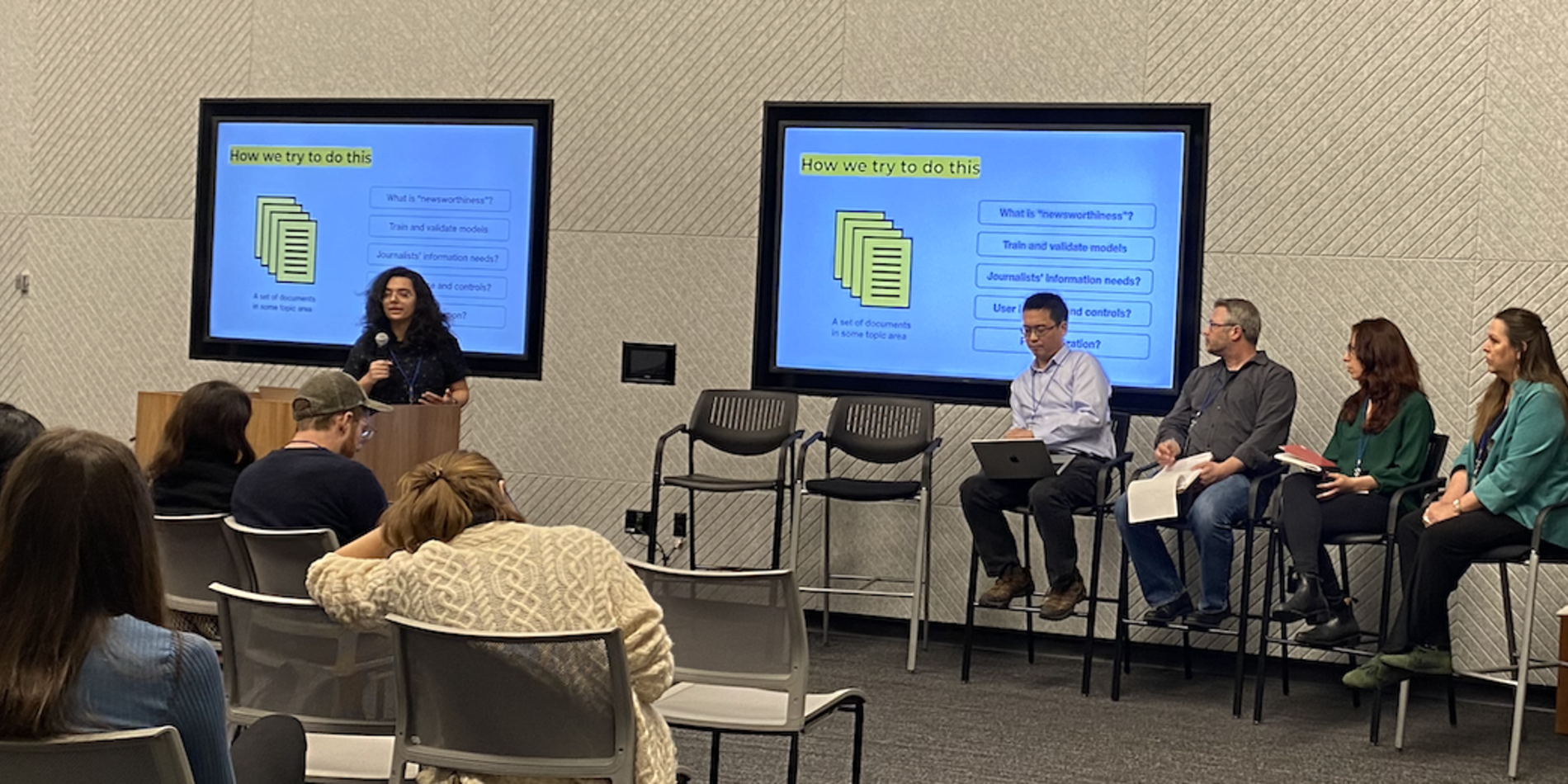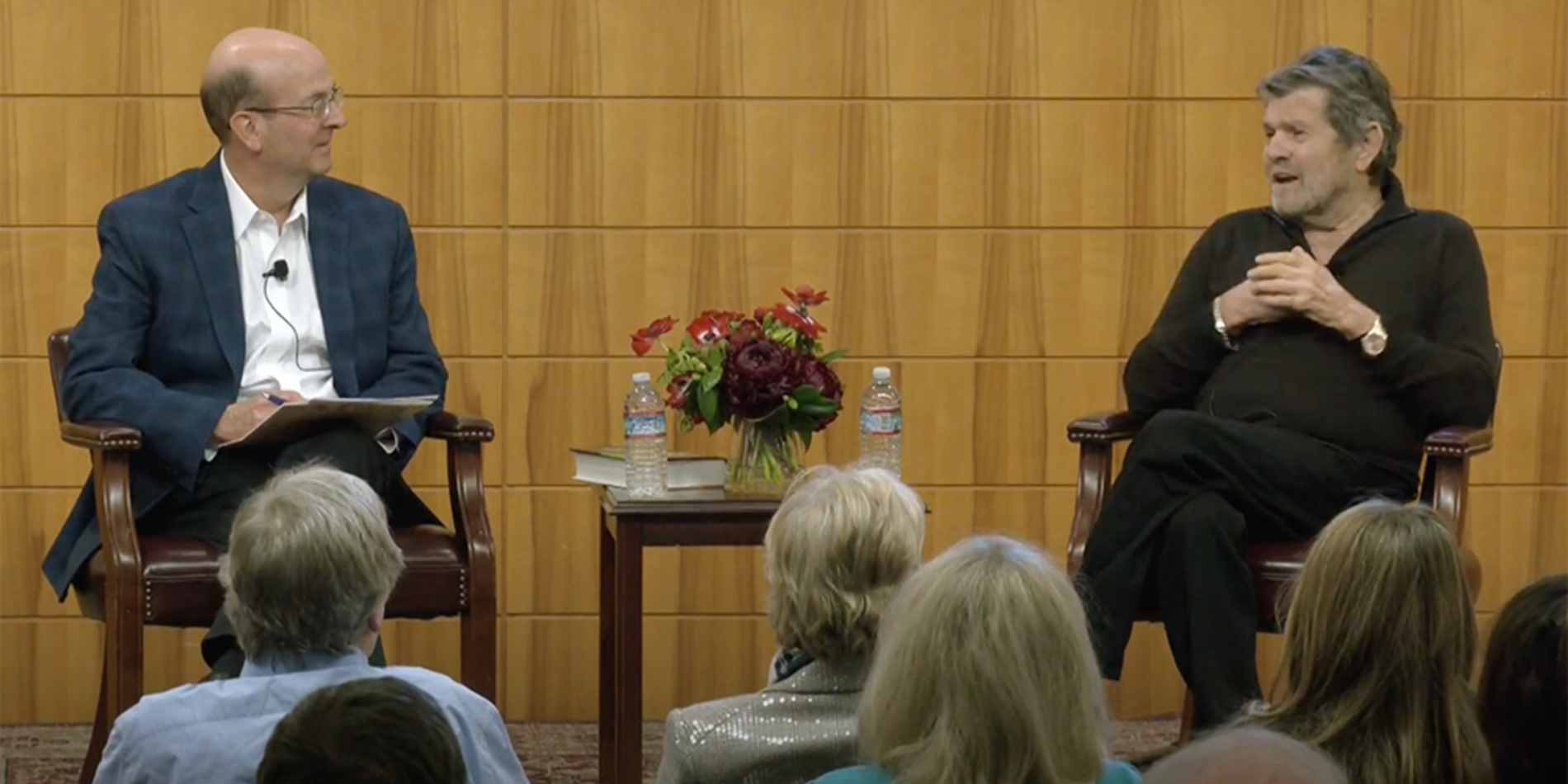Stanford Open Policing Project analyzed data from nearly 100 million traffic stops in the US
A study of nearly 100 million traffic stops across the United States reveals that black drivers were about 20 percent more likely to be stopped than white drivers relative to their share of the residential population.
The study, the largest of its kind, also measured the disparity in stop rates before and after sunset. It found that black drivers made up a smaller share of those stopped at night, when it’s more difficult to discern the race of a driver, which suggests that racial bias may influence stop decisions.
For example, in Texas, about 25 percent of drivers stopped right before sunset were black, compared to about 20 percent just after dusk.
The analysis, released in March by the Stanford Open Policing Project, found the same basic pattern across all the stops in aggregate. Overall, the data showed about a 5-10 percent drop in the share of drivers stopped at night who are black.
More about the study here.
More about the project here:
NBC News: Inside 100 million police traffic stops: New evidence of racial bias
The Economist: Black drivers in America face discrimination by the police
Study Finds Racial Bias In Police Traffic Stops And Searches


